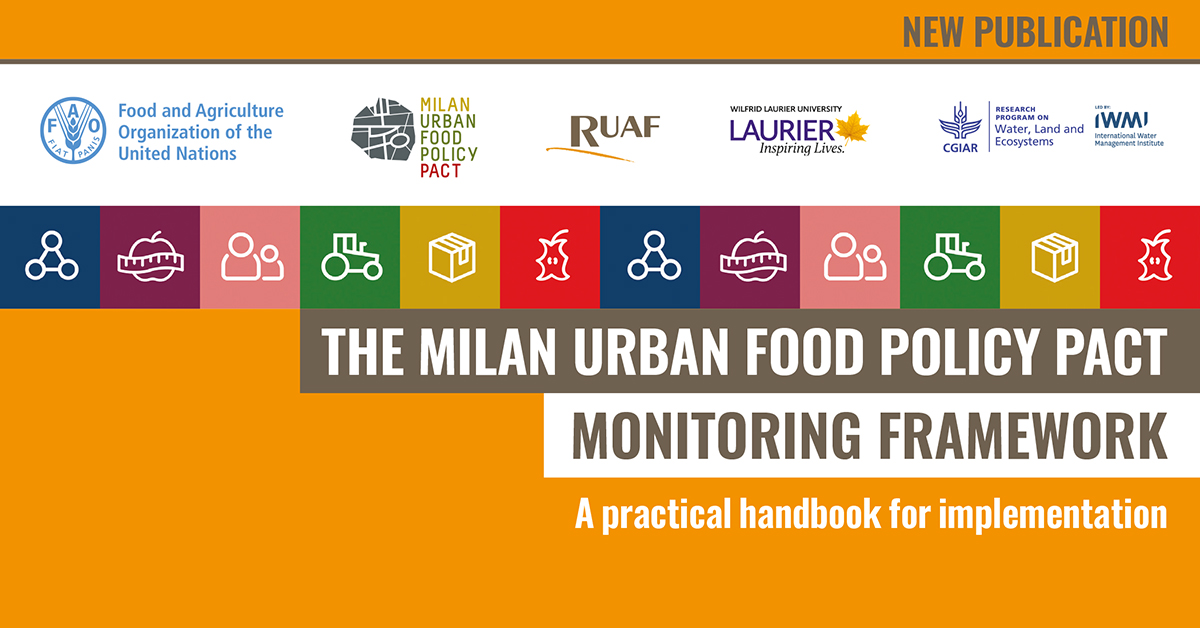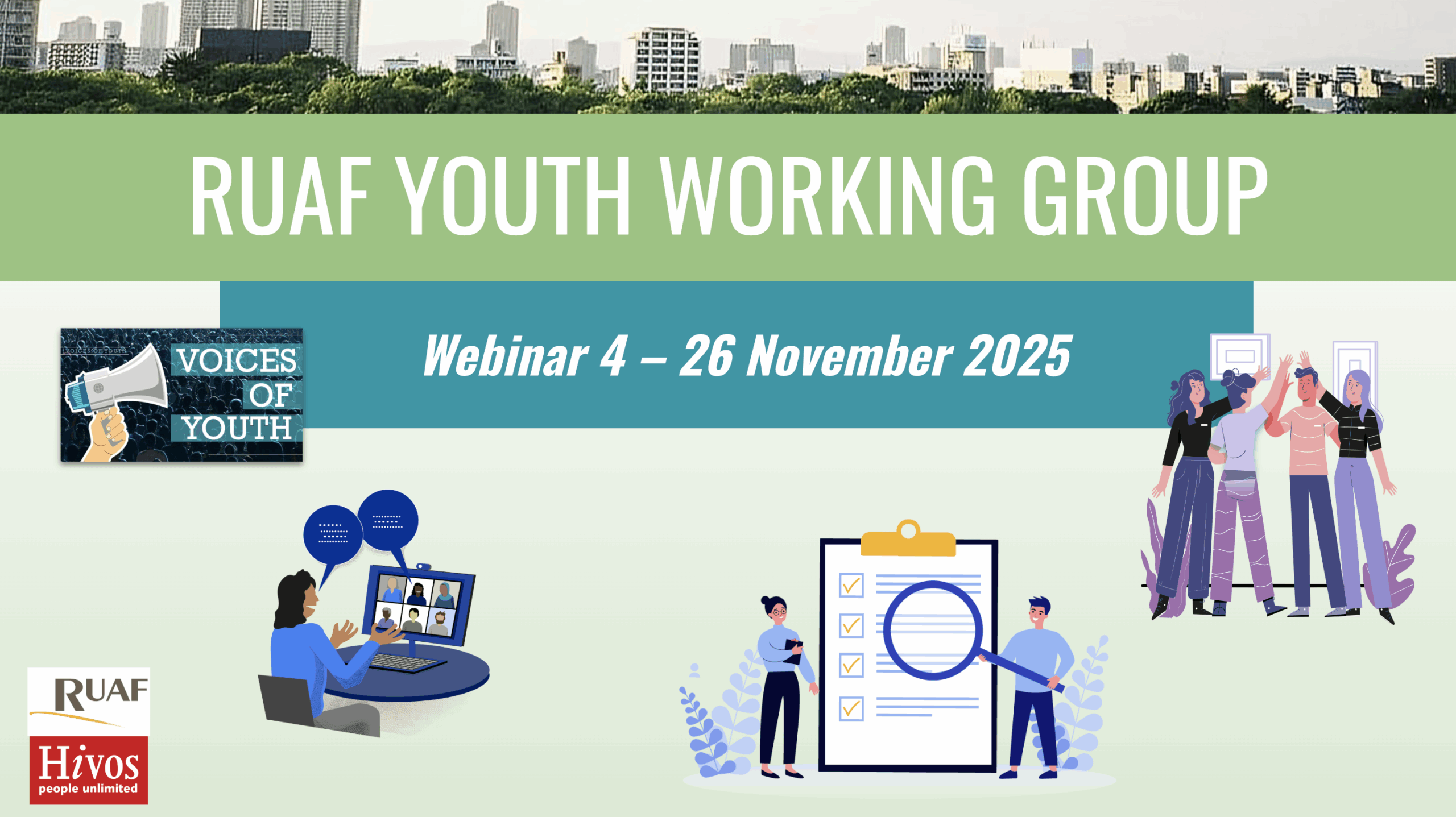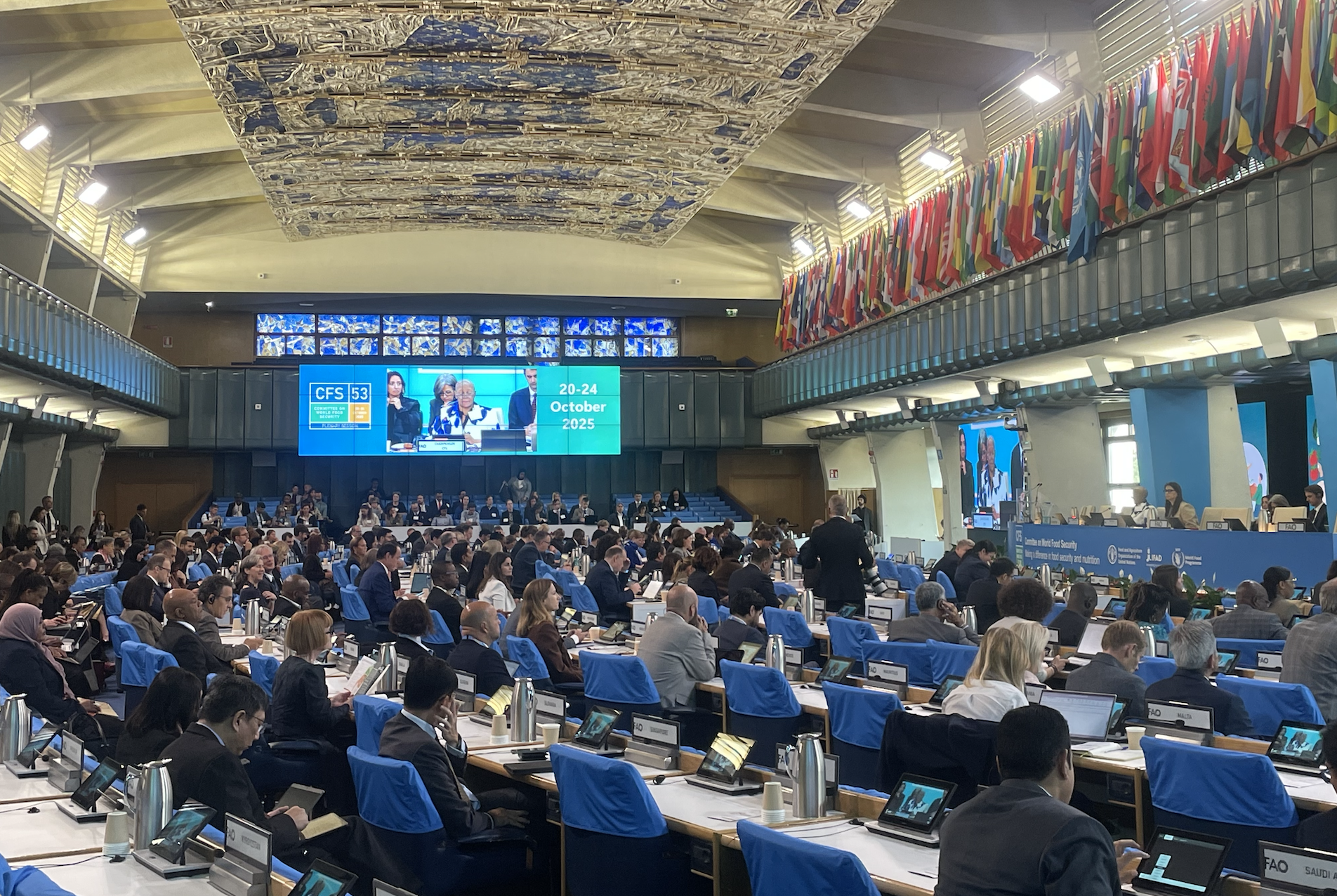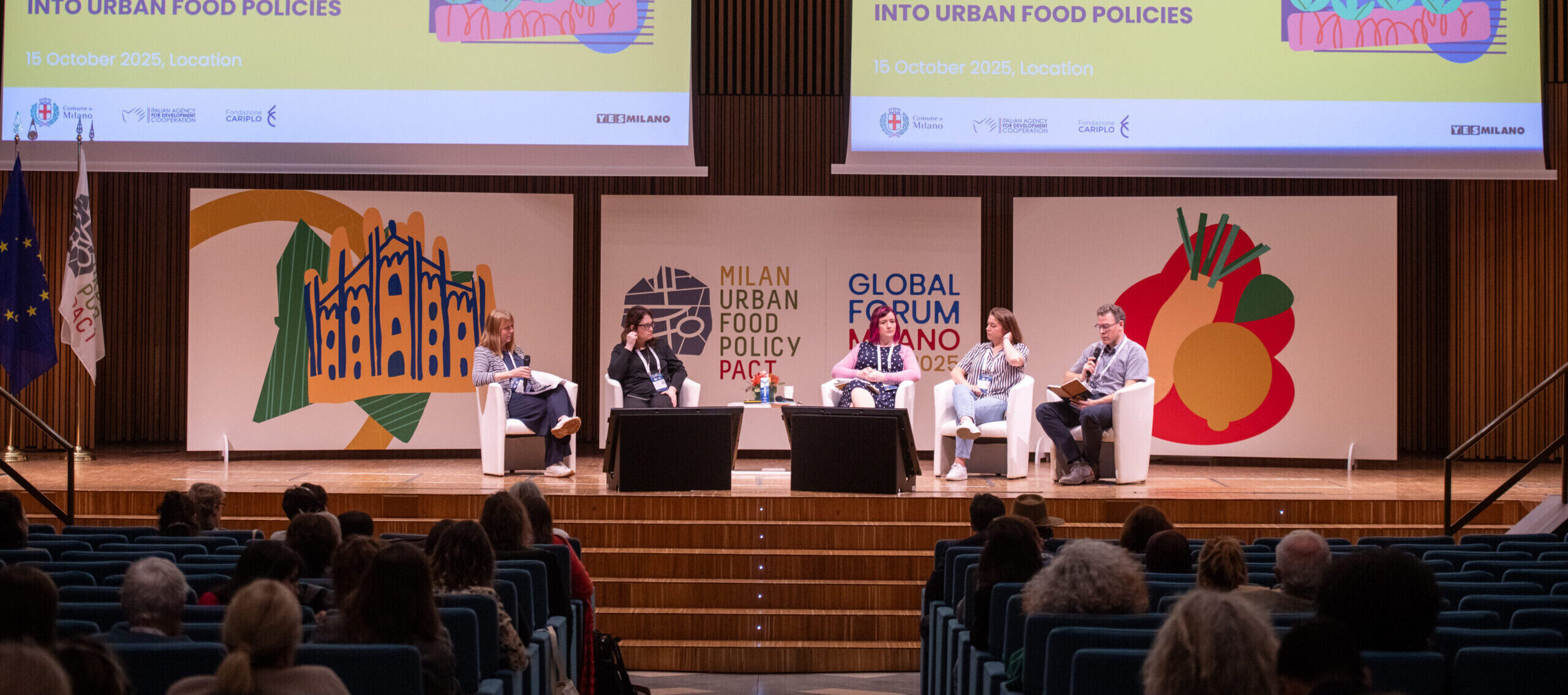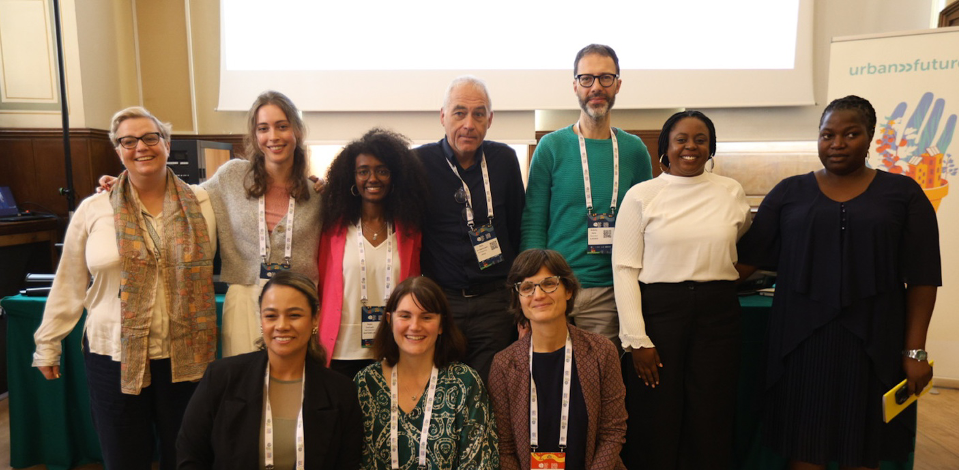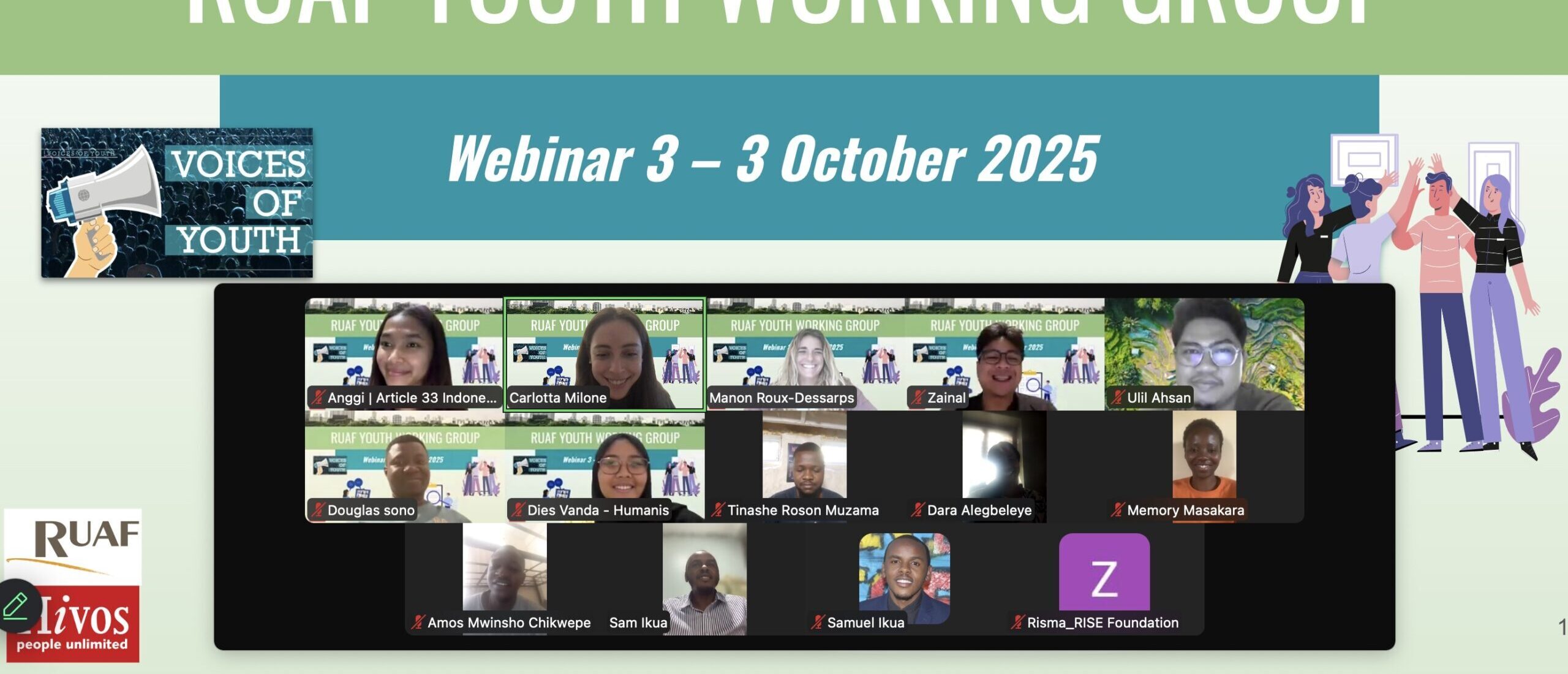RUAF, FAO and the Milan Urban Food Policy Pact (MUFPP) Secretariat have launched the MUFPP Monitoring Framework Handbook and Resource Pack. Based on the experience of three pilot cities, namely Antananarivo (Madagascar), Nairobi (Kenya) and Quito (Ecuador), the new Handbook and Resource Pack provides practical steps, simple tools, top tips and a methodology for any cities wishing to adopt and implement a monitoring framework, tailored to their own context and reflecting MUFPP recommendations.
Currently, more than half of the world’s population lives in urban areas, mostly in highly-dense cities, and this figure is set to increase over the coming decades, according to the UN’s projection. While urban living can lead to multiple socio-economic benefits and opportunities, the rapid scale and pace at which this trend is happening, brings enormous challenges, including environmental degradation, health hazards and social inequalities. If not adequately managed, ongoing urbanisation will dramatically increase the pressure on waste and natural resources management, posing serious threats to food security and safety.
Cities and key stakeholders play an increasingly crucial role in ensuring nutritious, affordable and safe food in urban context and in shaping the food environment. The Milan Urban Food Policy Pact (MUFPP), signed by 211 cities (as of July 2021) from around the world, puts forward a roadmap to develop sustainable food systems that are inclusive, fair, resilient, safe and diverse and provide healthy and affordable food to all people. The Milan Pact sets out six thematic workstreams, each with recommended actions, the purpose of which is to encourage policy makers and city governments to integrate sustainable urban food policies into programmes and projects. In addition to the recommended actions, there is also a MUFPP Monitoring Framework to help cities track their progress. In a new step towards supporting cities to customise and implement the monitoring framework, RUAF and FAO have developed The Milan Urban Food Policy Pact Monitoring Framework Handbook and Resource Pack.
This new publication provides practical guidance for any cities wishing to adopt and implement a monitoring framework, tailored to their own context and reflecting MUFPP recommendations. It sets out practical steps, simple tools, top tips and a methodology that cities can follow to develop a way of measuring progress of their own priorities. This includes establishing initial baselines against which to measure change in the future.
“There has been a lot of talk about how cities and urban areas are potentially best placed to take action on food system change to both reduce negative impacts and to increase resilience but if we don’t plan, track and measure our impacts, how will we really know we have achieved the changes we desire and how will we convince others to get involved?” says Joy Carey, Senior Programme Officer at RUAF Global Partnership, highlighting the importance of this handbook.
The whole point of the monitoring framework is to make it easier for cities to keep track of and report on yearly achievements, having signed up to the Milan Pact. More cities adopting this practice will also facilitate easier city-to-city exchange and learning.
Joy Carey, Senior Programme Officer at RUAF Global Partnership
The MUFPP monitoring framework is based on the results and lessons learned from a seven-month project in 2019 during which three cities – Antananarivo (Madagascar), Nairobi (Kenya) and Quito (Ecuador) – piloted the implementation of the MUFPP Monitoring Framework with technical support from RUAF and FAO.
“The MUFPP monitoring framework has helped show us a pathway to becoming changemakers by identifying a diverse range of food system activities that we can propose to local policy makers. It has helped inspire new collaborations as the data collection process required us to seek out other food system actors, especially those pursuing similar goals of sustainability and resilience,” says Alexandra Rodríguez Dueñas, Project Lead, AGRUPAR Participatory Urban Agriculture Project Manager, Conquito.
Developing a better understanding of the MUFPP indicators is crucial to undertake new activities, identify potential challenges and facilitate monitoring of progress. Data collection, monitoring and evaluation offer learning opportunities in creating more equitable, resilient and sustainable food systems. “There are bottlenecks and obstacles in the way data are collected, shared and stored across the city. However, the inter-sectoral collaboration helped to inspire solutions to improve data collection and analysis,” says Winfred Katumo, Project Lead, Nairobi City County, who collaborated on the project. “Having indicators about food security makes work purposeful and gives it meaning. It’s an eye-opener, creates synergy and enables us to bring together a range of different perspectives to solve problems with new solutions”.
“The MUFPP pilot process helped to determine the level of priority that food has within the municipality’s agenda, which resulted in the draft of the Antananarivo Food Policy Committee, Commune Urbaine d’Antananarivo (CUA). The data collection process significantly contributed to a participatory decision-making process, through sharing of data, and the evaluation of priorities to be included in future action plans led by external actors and by the CUA initiatives,” explains Tokiana Rakotonirainy, Food Policy Officer, Cabinet of the Mayor, Urban Commune of Antananarivo.
In the light of the climate and ecological emergency, of social and economic recovery from the pandemic and for the sake of our children’s futures, the need for food system transformation is now even more urgent. We hope that many more cities will therefore make good use of these excellent, easy to use, new resources
Joy Carey, Senior Programme Officer at RUAF Global Partnership
The Handbook and Resource Pack can be downloaded at: http://www.fao.org/documents/card/en/c/cb4181en/
2-page flyer: https://ruaf.org/assets/2021/07/2pp-flyer_MUFPP-Handbook-and-Resource-pack_Final.pdf
RUAF website (section resources): https://ruaf.org/resource/milan-urban-food-policy-pact-mufpp-monitoring-framework-handbook-and-resource-pack/

